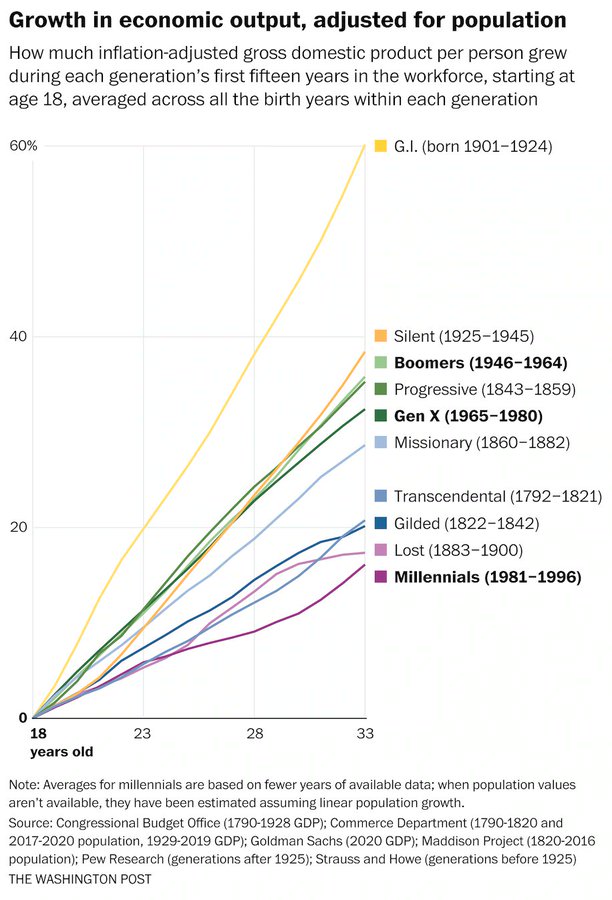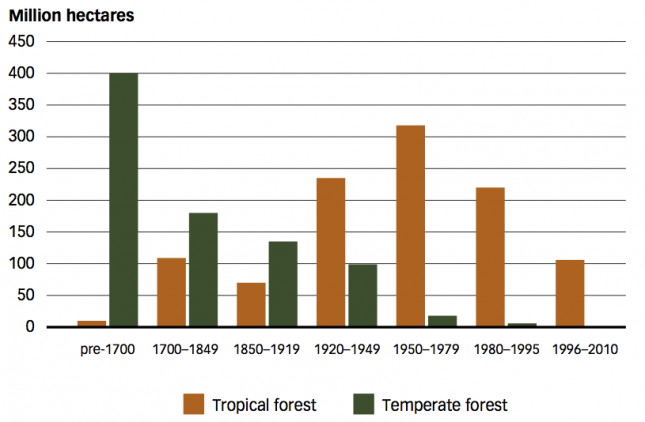Error has become a curious historical burden. An error in the past can sully a reputation. That Aristotle was wrong about the stars sully his insights on Tragedy?
The Johnsons, Honest and Dishonest Graft
Here's a little political history from Robert Caro, Lyndon Johnson's biographer.
In 1943, the year Lady Bird Johnson purchased KTBC, the Federal Communications Commission, which reviewed all broadcast-license transfers, was close to being abolished, Caro writes. Lyndon Johnson used his political influence in both Congress and the White House to prevent that from happening. The FCC was among the most politicized agencies in the government, Caro asserts, and it knew who its friends were.
Johnson socialized with FCC Commissioner Clifford Durr at the time, “sometimes at Durr’s home, sometimes at his own,” although Durr says Johnson never mentioned Lady Bird’s application for KTBC’s license. Lady Bird, however, directly approached Durr about the station, and Lyndon phoned James Barr of the FCC’s Standard Broadcast Division. “He wanted to get a radio station, and what I remember is, he wouldn’t take no for an answer,” Caro quotes Barr.
Legendary Democratic fixer Tommy “The Cork” Corcoran also helped with the KTBC application—”all up and down the line,” is how Corcoran put it. Asked in an interview whether Johnson’s status as a member of Congress helped his wife’s application, Corcoran said, “How do you think these things work? These guys [FCC staffers] have been around. You don’t have to spell things out for them.”
The Los Angeles Times and USA Today obituaries make it sound as if KTBC were a congenitally unprofitable station at the time of Lady Bird’s bid and give the impression that she was the lone suitor for the property. That was not the case, as Caro documents the identities of the other interested bidders.
Once Lady Bird completed her purchase of KTBC, the “five years of delays and red tape, or delays and unfavorable rules” from the FCC that had stymied the previous owners “vanished … and slowness was replaced by speed,” according to Caro. In short order she got permission to broadcast 24 hours a day (KTBC had been a sunrise-to-sunset station) and move it to 590 on the dial—”an uncluttered, end of the dial” where it could be heard in 38 surrounding Texas counties. It was no coincidence. Lyndon and Lady Bird recruited a new station manager, promising 10 percent of the profits, and Lyndon told him that the changes in the license restrictions that would make KTBC a moneymaker were “all set.” In 1945, the FCC OK’d KTBC’s request to quintuple its power, which cast its signal over 63 counties.
When Lyndon visited William S. Paley, president of CBS radio, and asked if KTBC could become a CBS affiliate and carry its lucrative programming, he didn’t have to spell out why the request should be granted. The radio networks feared the regulators in Washington as well as the members of Congress who regulated the regulators. KNOW in Austin had been repeatedly denied the affiliation because a San Antonio “affiliate could be heard in Austin.” CBS Director of Research Frank Stanton approved Johnson’s request.
Johnson shook down powerful companies to advertise on the station. Local businesses that wanted Army camps to remain located in Austin knew one way to secure Lyndon’s help was to advertise on KTBC. Caro writes:
… Mrs. Johnson’s ability as a business woman was not the crucial factor in the acquisition of the station or, once it was acquired, in its early growth. … Lyndon Johnson had worked at politics for years to achieve power; now he was working at politics to make money.
Under Texas law, the station belonged solely to Lady Bird because she purchased it with her inheritance. But as her spouse, Lyndon owned half of all the profits. He was ultra-active in recruiting staff and running the operation, and by 1948, Caro writes, he was telling his friends that he was a millionaire.
The Johnsons earned thousands from their radio station but millions from their TV stations, writes former FCC official William B. Ray in his book, FCC: The Ups and Downs of Radio Regulation. The commission allocated one commercial station to Austin in the early 1950s, and the Johnsons were its sole applicant. “Filing a competing application would have been a waste of money,” Ray writes, because of the Johnsons’ political clout. “Whenever there was a business matter to be discussed between CBS and the LBJ stations, Johnson would summon the appropriate CBS personnel to the White House to discuss it,” he continues.
Was it graft? The crooks of Tammany Hall distinguished between honest graft—which they considered respectable—and dishonest graft. Honest grafters used political connections, such as tips as to where a new bridge was going to be built, to make surefire investments. Dishonest grafters stole directly from the treasury.
You can rest in peace now, Lady Bird. Your honest-grafting days are over.
******
From the Johnsons’ hometown newspaper, the Austin American-Statesman





![Fresh groundwater and total fresh water withdrawals in the U.S. over time. For most of the 20th century, water use increased to support a larger population. Much of the recent decrease in water use is due to more efficient or reduced irrigation [2] Fresh groundwater and total fresh water withdrawals in the U.S. over time. For most of the 20th century, water use increased to support a larger population. Much of the recent decrease in water use is due to more efficient or reduced irrigation [2]](https://www.americangeosciences.org/sites/default/files/Water%20use%20over%20time.png)





